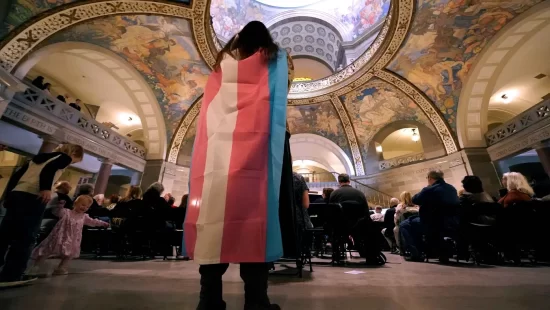
Protect your kids this summer from dengue, Zika, and other mosquito-borne illnesses with expert tips from Dr. Ilan Shapiro.
With longer, hotter summers and shifting weather patterns, Southern California is seeing mosquito season expand and spread to new areas.
Mosquitoes may be tiny, and their bites can be annoying, but in some cases, they can also be deadly.
“If you’re in your backyard and mosquitoes are constantly biting you, you probably want to do something about it,” said Dr. Ilan Shapiro, a nationally recognized physician and public health expert who has worked extensively with Latino communities on prevention and health education.
While there are about 3,700 species of mosquitoes, the one people are talking about most recently in Southern California is Aedes aegypti. It is known for spreading diseases that used to be mostly confined to tropical climates.
“We’re now starting to see them in other parts of the United States, including Latino communities that may not have consistent access to information about environmental health,” Dr. Shapiro explained.
The CDC reports that cases of West Nile virus and dengue have been reported in nearly every state. Rising temperatures and changes in rainfall patterns create the perfect conditions for these pests to multiply.
“Mosquitoes that spread dengue, chikungunya, Zika, and yellow fever thrive in heat. As the climate gets warmer, the risks increase—especially in densely populated urban areas,” warned Dr. Shapiro.
Just one tablespoon of standing water can become a breeding ground for mosquitoes.
“From pet water dishes to neglected flower pots, any small amount of water can help these mosquitoes reproduce and put our families’ health at risk,” he said.
So how can you protect your children? Doctors recommend draining any standing water outside once a week and using an EPA-approved insect repellent that contains between 20% and 30% DEET. You can check the EPA registration number on the back of the product.
Protective clothing is also recommended.
“Wearing long sleeves and pants and keeping an eye out for dead birds can make a big difference. If you see that in your neighborhood, notify your local mosquito control board,” advised Dr. Shapiro.
If your child develops a high fever, rash, or joint pain after a mosquito bite, consult a doctor immediately.
Of the two most common mosquitoes found in Southern California, one tends to bite more during the day and the other more frequently at night. Nighttime mosquitoes often cause more intense itching.
Dr. Shapiro suggests that parents check the EPA website to ensure that their children’s insect repellent is safe and age-appropriate. He also emphasized the importance of sharing this information with neighbors and family members, especially in communities where language or access to resources may be a barrier to prevention.








